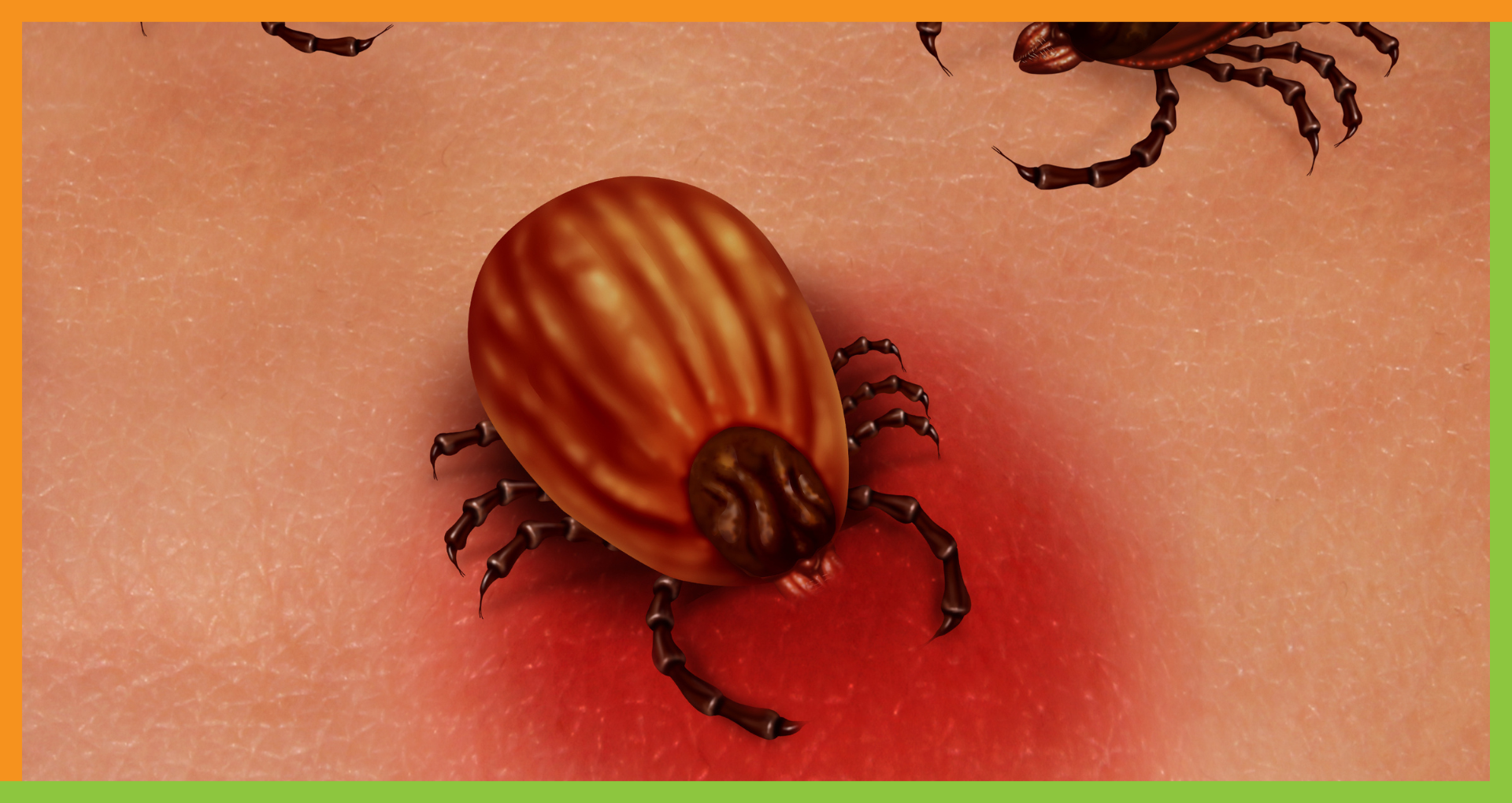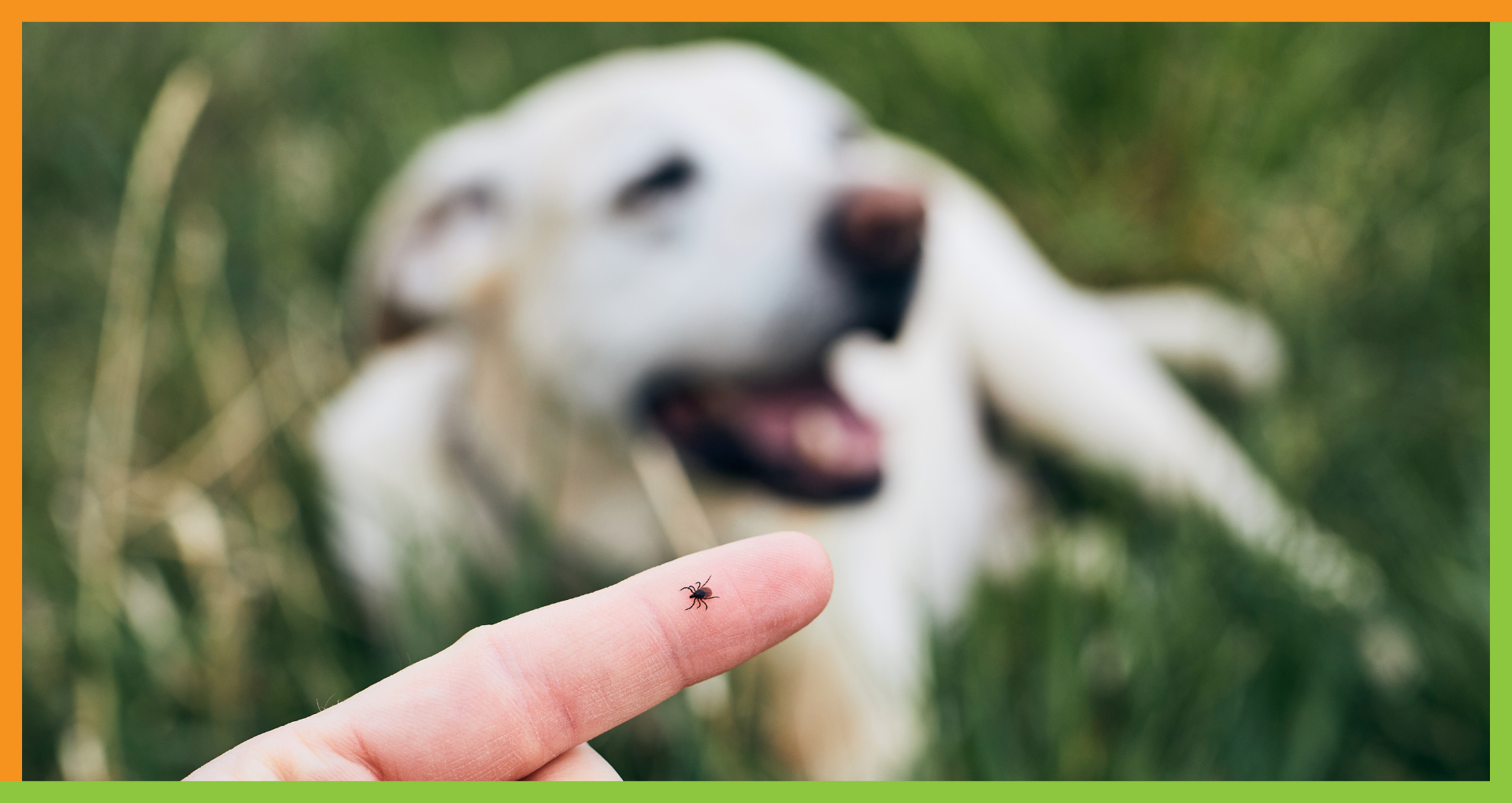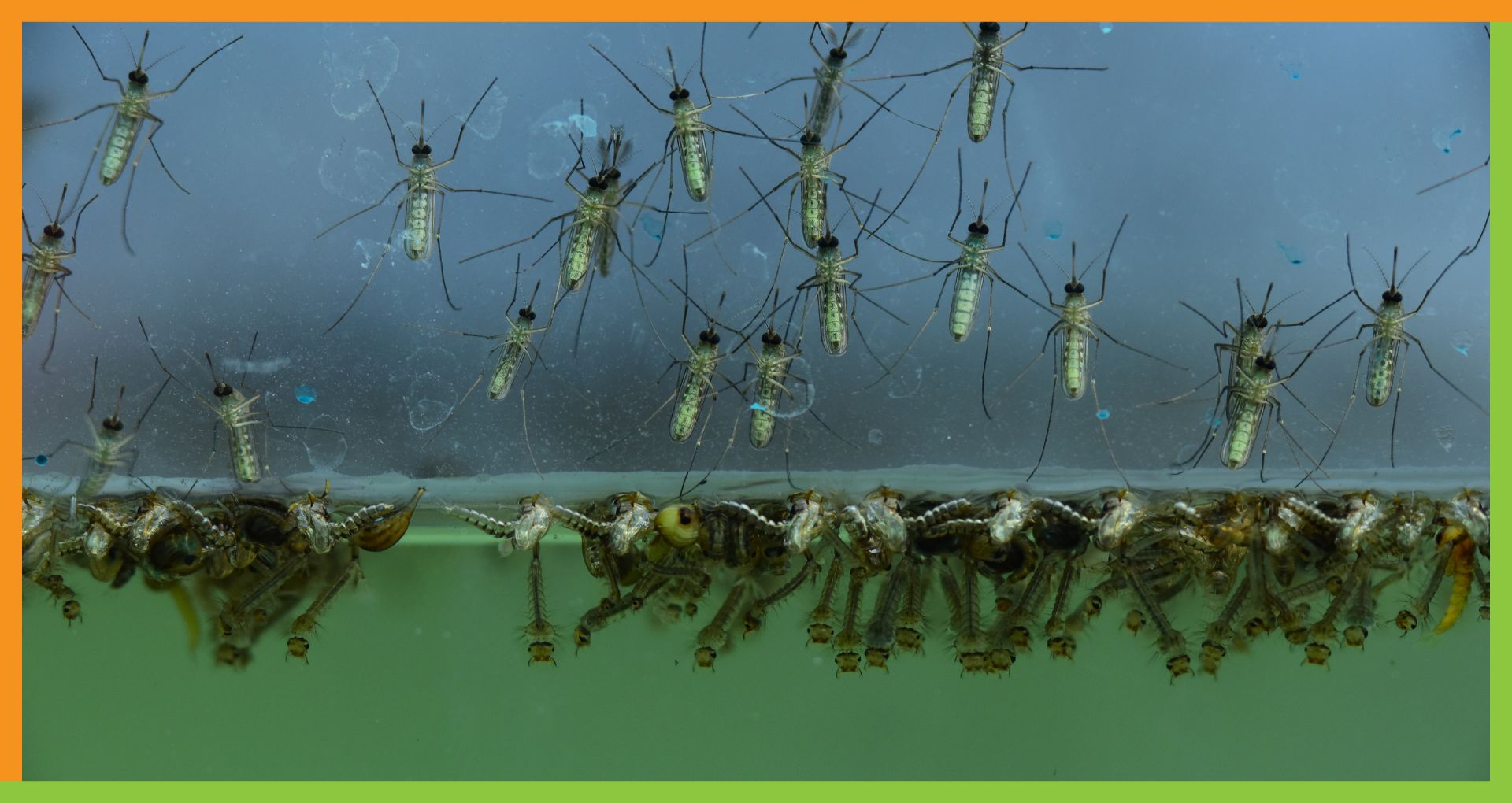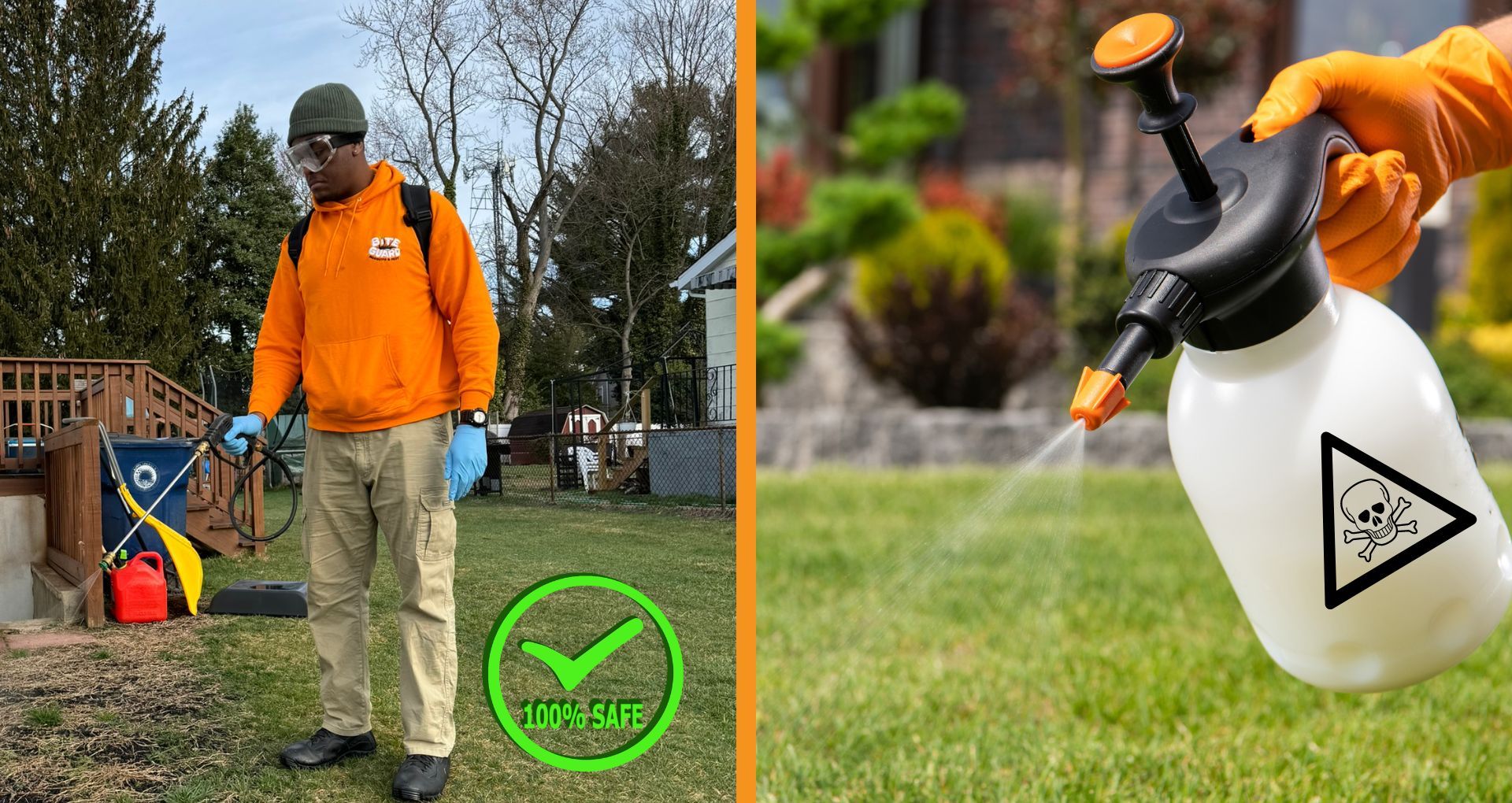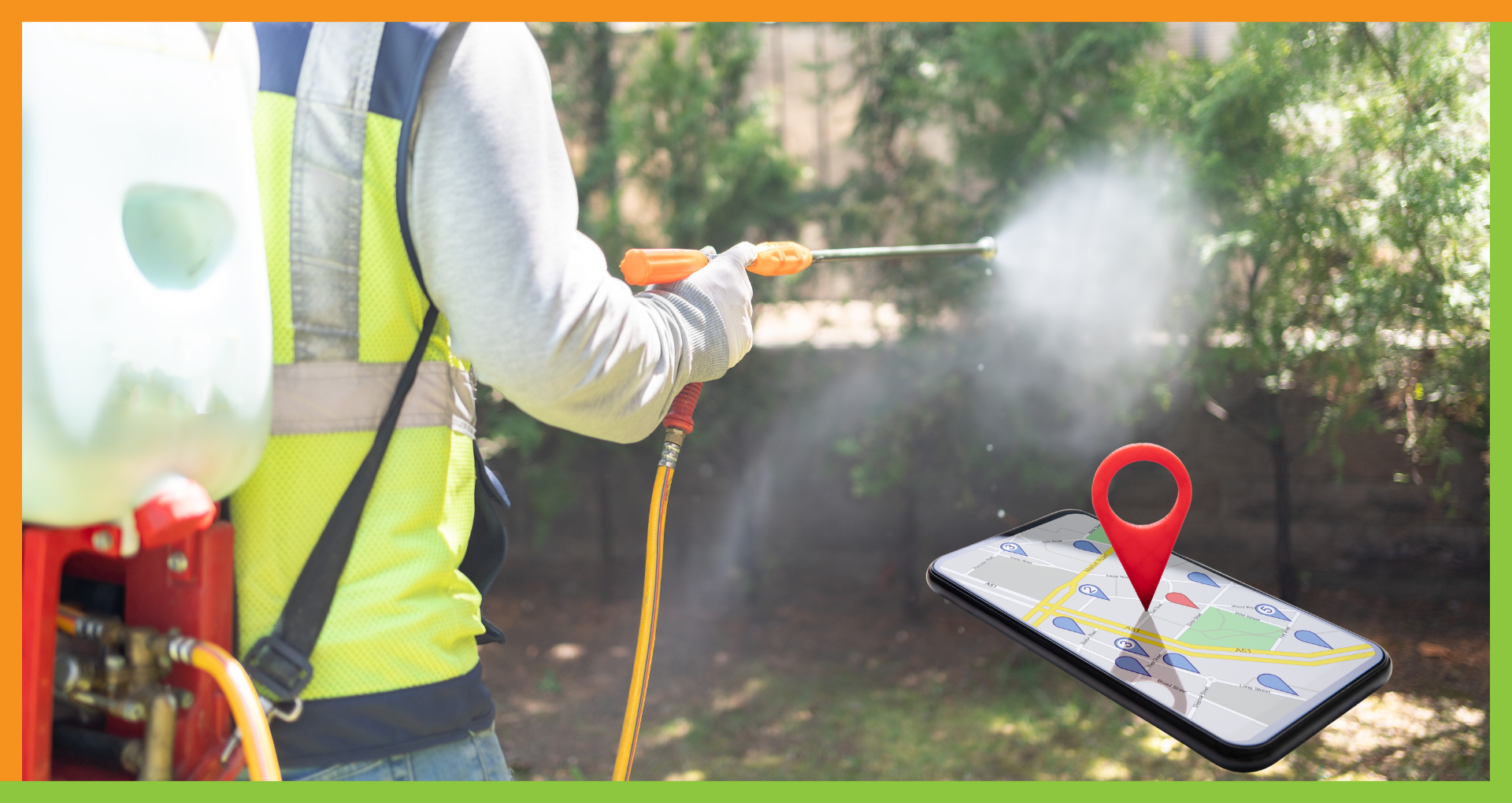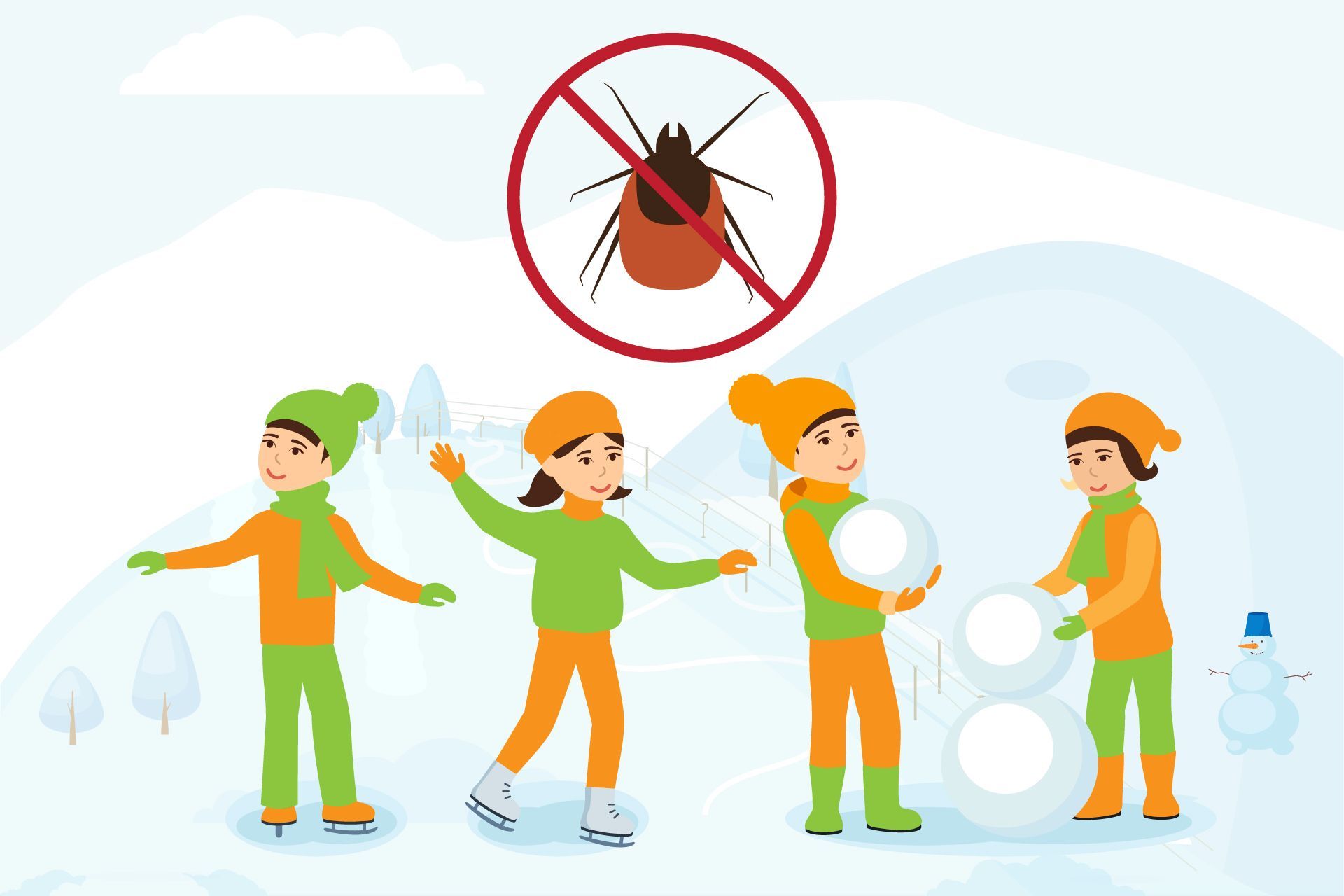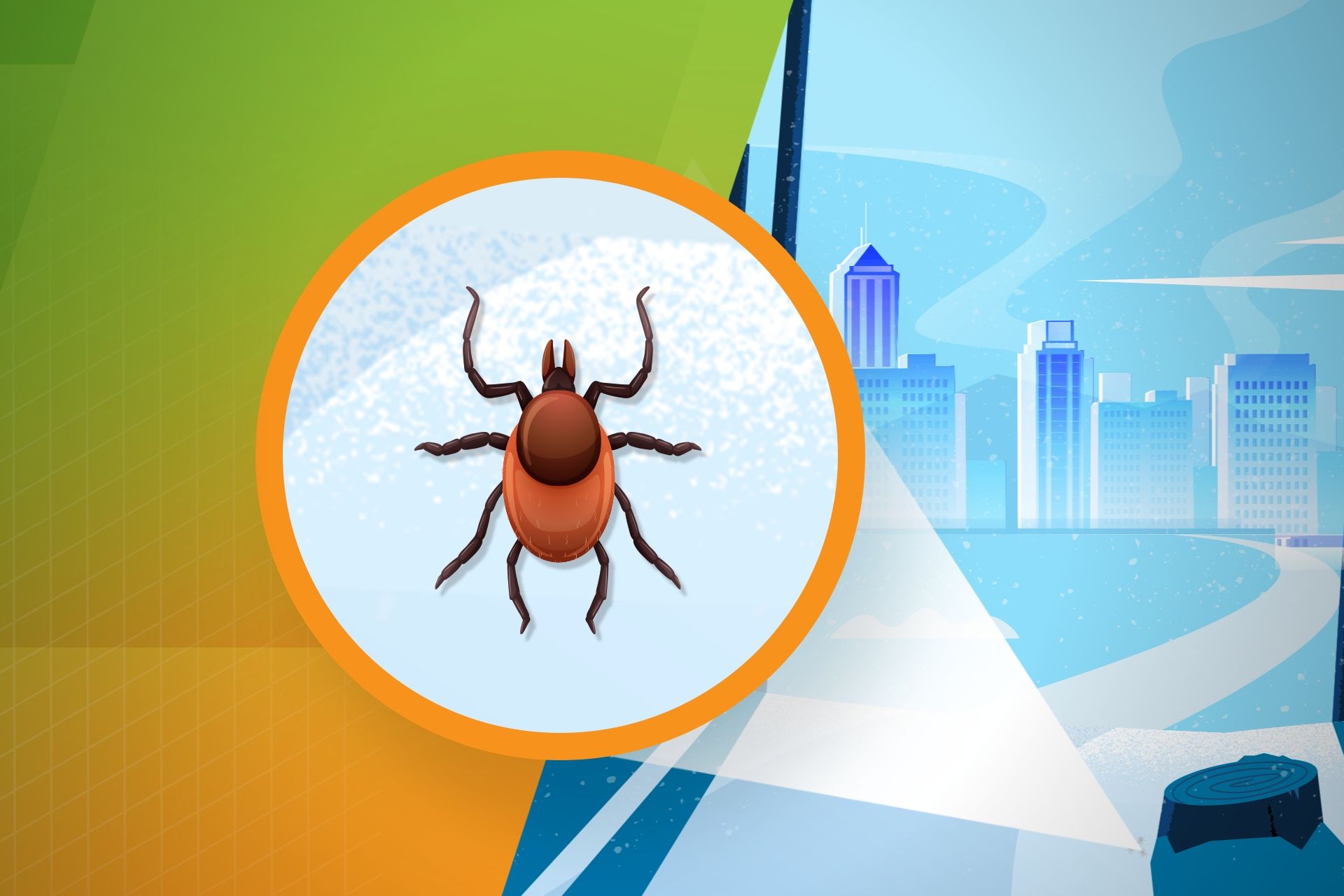The Safe Way to Enjoy Outdoor Living in Cherry Hill, Free from Mosquitoes and Ticks
One of the great things about living in Cherry Hill, NJ, is that you actually WANT to be outside (most of the time). We won't name any names but that's not always the case in other states.
The only thing about outdoor living is that there are some things you might encounter that aren’t so enjoyable. And here we will name names: ticks and mosquitoes. They may be small, but boy do they make a big difference to your outdoor experience.
So, how do you take care of these pesky insects once and for all, controlling ticks and mosquitoes in a safe, environmentally-friendly way?
Understanding Mosquitoes and Ticks in Cherry Hill
Before we get into it, we all know what it's like when a swarm of mosquitoes invades our personal space, and as if that wasn't bad enough they leave us with swollen, itchy bumps for the next eight hours! They’re pretty much the peak of human irritation. But is that the worst thing about them?
Unfortunately, no. Cherry Hill is home to various mosquito species that can also carry diseases such as the Eastern Equine Encephalitis (EEE), West Nile virus, making them not just a nuisance, but a threat.
Ticks on the other hand don't have as much of a reputation for disrupting our peace, that is, until we find one behind our ear! And that's the problem, because species like the familiar deer tick are just as dangerous as virus-carrying mosquitoes. Not to mention they can have life altering effects on the body. All of that to say, these bugs suck (literally).
Preventative Measures to Reduce Mosquitoes and Ticks
So, what can you do to stop them? Here are a few smart strategies…
Maintaining Your Yard: Maintaining a well-groomed yard is one of the most effective ways to reduce mosquito and tick populations. Regularly mowing the lawn and trimming overgrown shrubs removes the shaded, moist environments where mosquitoes rest during the day.
Remove Unnecessary Water: Eliminating standing water is also crucial, as even small amounts can serve as mosquito breeding grounds. Ensure bird baths, gutters, and plant saucers are emptied or treated regularly. For tick control, clear away leaf litter, brush, and tall grasses where ticks are likely to hide.
Use Natural Repellents and Barriers: Integrating natural repellents and barriers into your yard design can help deter mosquitoes and ticks. Planting mosquito-repellent plants like citronella, lavender, and marigolds around outdoor seating areas can naturally reduce mosquito activity. For ticks, creating mulch barriers between wooded areas and the lawn can prevent ticks from migrating into frequently used spaces.
Create Physical Barriers: Another effective strategy is to create physical barriers that keep mosquitoes and ticks away from your outdoor living spaces. Installing mosquito nets or screens around patios and decks can provide a bug-free environment. For personal protection, wearing light-colored clothing helps in spotting ticks more easily, and using insect repellent sprays on exposed skin can deter both mosquitoes and ticks.
Additional Tips for Safe Outdoor Enjoyment
Don't forget, there are also other creative ways that you can keep in mind to limit tick and mosquito exposure. For example:
Timing Your Outdoor Activities: One simple yet effective way to avoid mosquito bites is to schedule outdoor activities outside of their peak activity times. Mosquitoes are most active at dawn and dusk, so plan your outdoor gatherings for the middle of the day or later in the evening when mosquito activity has decreased.
Creating Mosquito- and Tick-Free Zones: Designating specific mosquito- and tick-free zones in your yard can enhance your outdoor enjoyment. Use fans on patios to create air movement that mosquitoes find difficult to navigate.
What's the Takeaway?
Enjoying your outdoor living spaces in Cherry Hill should not come with the constant worry of mosquito bites or tick infestations. By implementing these preventative measures you can create a safer, more enjoyable environment for your family and friends. Don’t let mosquitoes and ticks ruin your outdoor fun—take action today to protect your yard and your loved ones!
Need help in your battle against the bugs? That's what Bite Guard is all about. Give us a call and our team will be ready to help.
Frequently Asked Questions
Q: How often should I have my yard treated for mosquitoes and ticks? A: For optimal results, it’s recommended to have your yard treated every 3-4 weeks during peak mosquito and tick seasons, usually from mid-spring to early fall.
Q: Are natural repellents as effective as chemical ones? A: Yes! Natural repellents do work when applied on a routine and scheduled basis. Essential oils have been proven to provide excellent insect control and are safe for your family, pets, and the environment.
Q: What are the best ways to protect pets from ticks in my yard? A: To protect pets, regularly check them for ticks, use tick prevention treatments recommended by your vet, and maintain a tick-free yard by following regular yard maintenance and professional tick control services.
Q: Can I do anything to reduce mosquitoes around my pool area? A: Yes, you can reduce mosquitoes around pool areas by using mosquito-repellent plants, installing a pool cover when not in use, and eliminating any standing water around the pool perimeter.
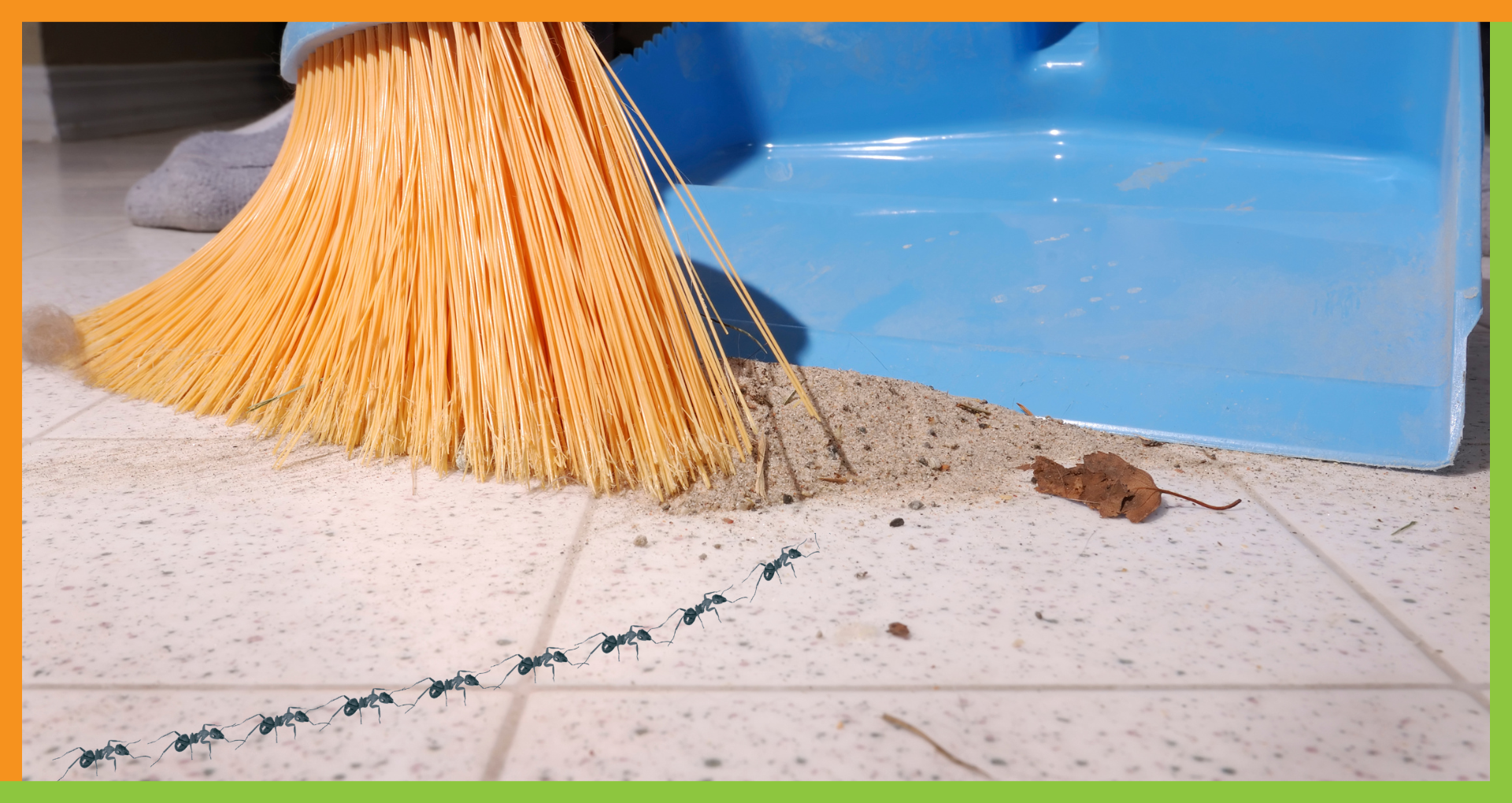
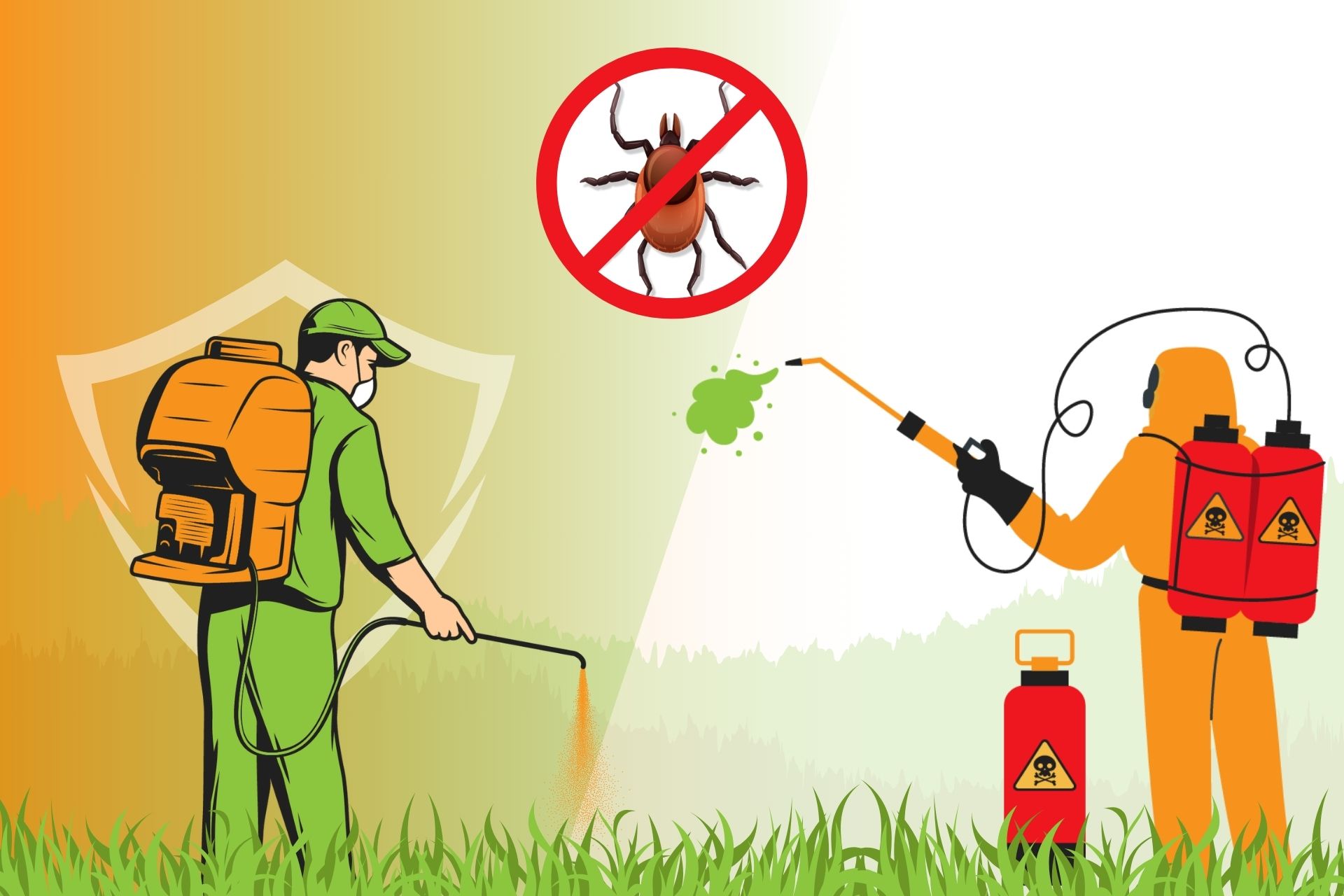
626 Park Road, #5
Cherry Hill, NJ 08034
130 Hickman Road, Ste 11
Claymont, DE 19703
1-833-924-7378
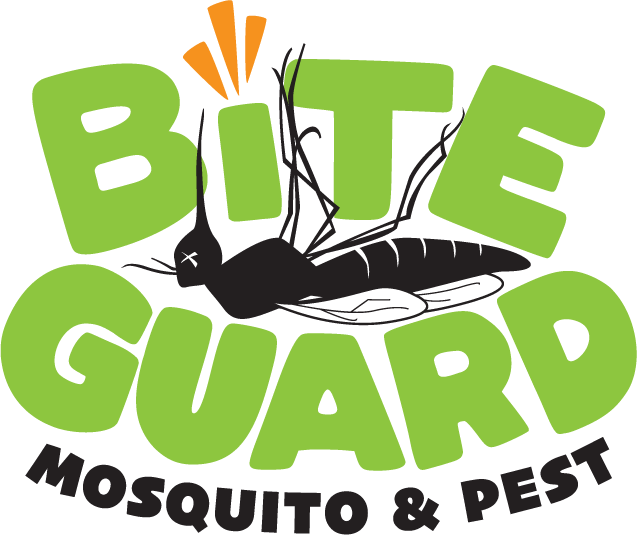
626 Park Road, #5
Cherry Hill, NJ 08034
130 Hickman Road, Ste 11
Claymont, DE 19703
1-833-9-BGPEST
1-833-924-7378
All Rights Reserved | Bite Guard Mosquito & Pest
